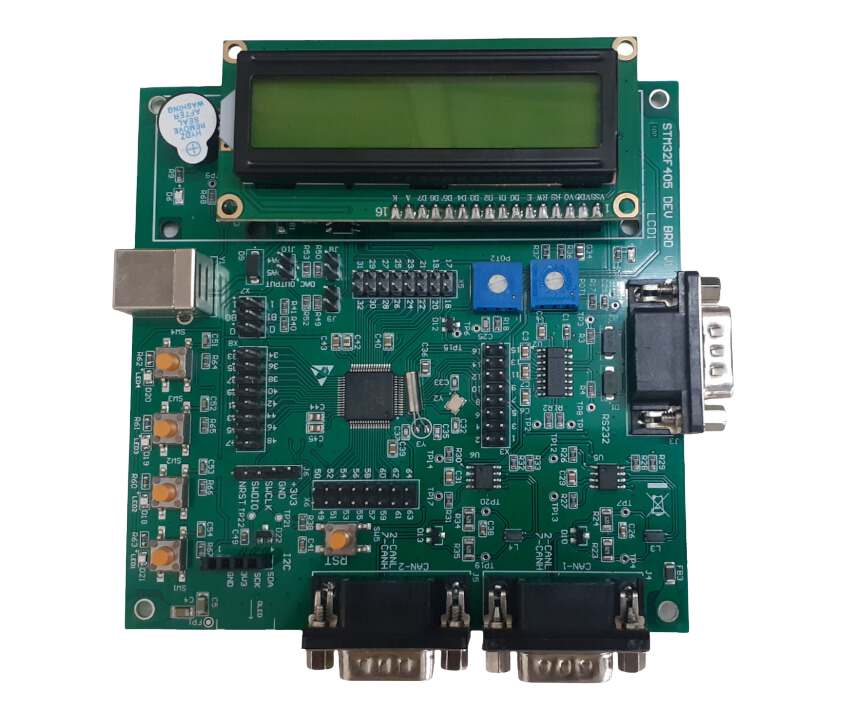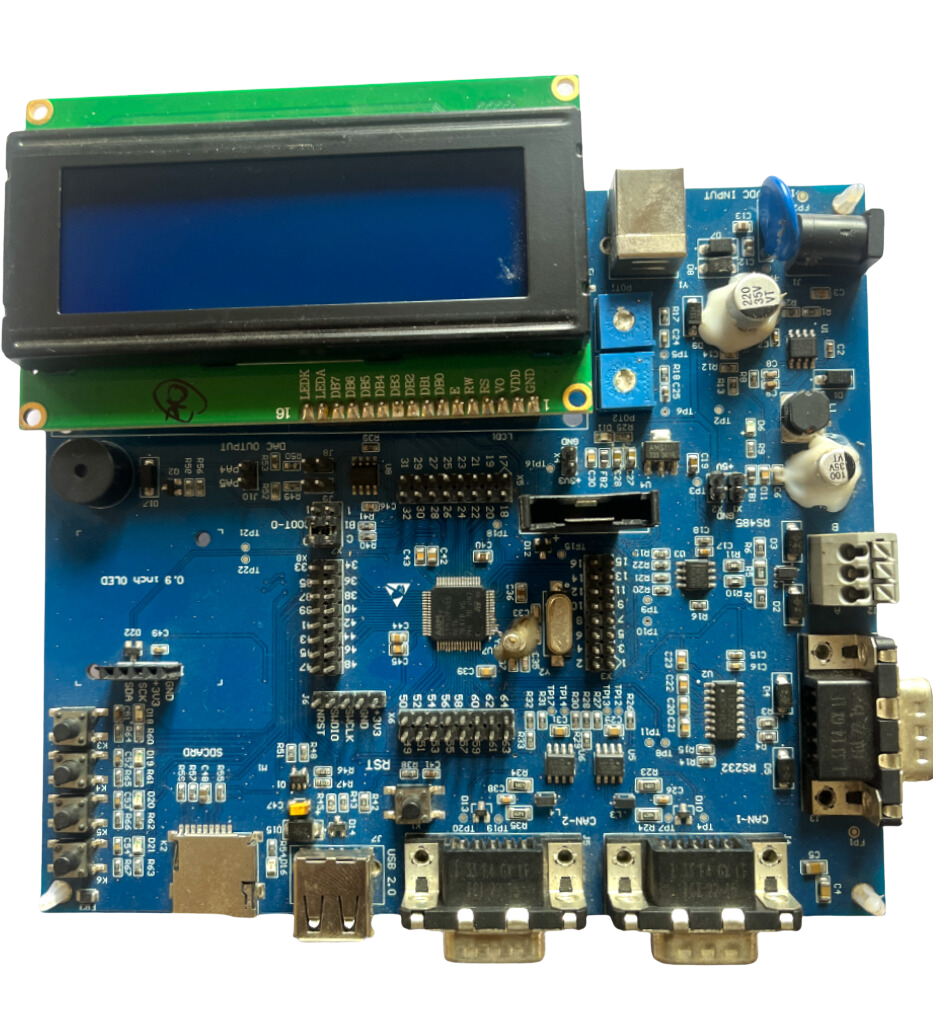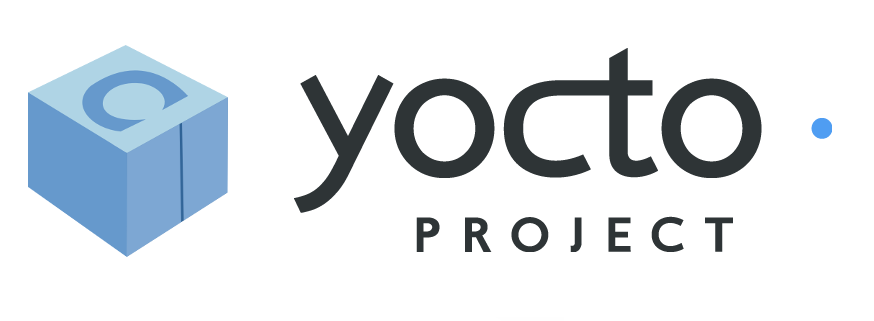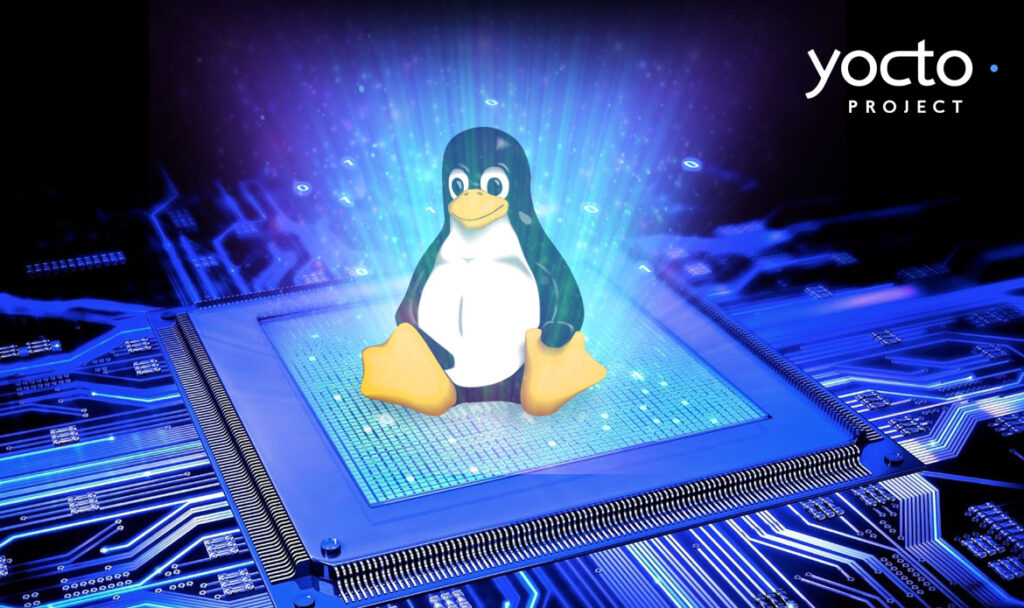
STM32F405
Embedded Automotive Board
Rev Up Your Automotive Projects with VAct STM32F405
Development Board: Precision Control, Ultimate Reliability,
and the Fast Lane to Innovation!



Embedded Automotive Board
Rev Up Your Automotive Projects with VAct STM32F405
Development Board: Precision Control, Ultimate Reliability,
and the Fast Lane to Innovation!

Development Board
This STM32f205 Development Board is designed to provide an economical development environment for CAN communication, I2C, SPI, UART and parallel communication. This board integrated with STM32CUBEMX.





6.1 Introduction
6.2 Building First Image
6.3 Yocto Bitbake and Others